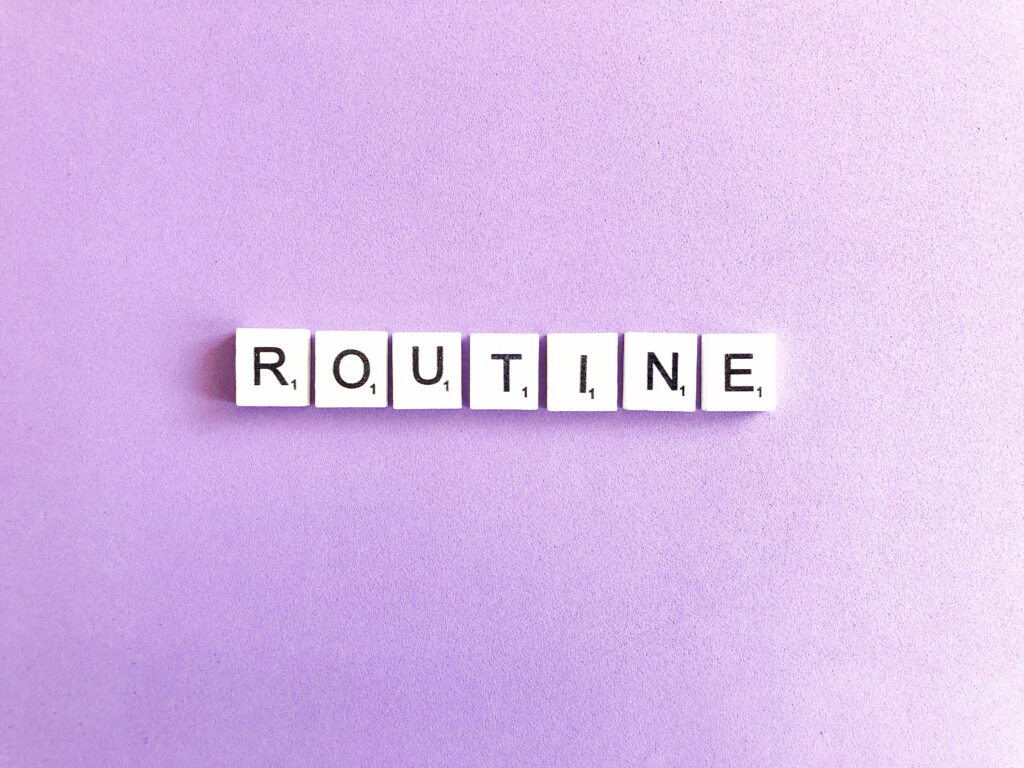Completing an outpatient intensive program (IOP) is a major milestone in the recovery journey—but it’s not the end. The real challenge often begins when clients leave the structure of treatment and return to their everyday lives. At Summit Helps in New Jersey, we prepare clients for this transition with relapse prevention strategies, life skills, and a clear plan to maintain progress and avoid setbacks.
Life After IOP: What Changes?
IOP offers a structured environment with regular therapy sessions, peer support, and consistent accountability. As clients graduate from this level of care, they often feel a mix of pride and anxiety. Without the safety net of daily or weekly check-ins, it’s easy to feel overwhelmed by triggers, responsibilities, or emotions that may have been managed more easily within the program.
That’s why the transition phase is critical. At Summit Helps, we empower clients to navigate this phase with confidence and support.
Developing a Post-IOP Recovery Plan
Before discharge, each client works with their care team to create an individualized aftercare plan. This plan outlines the next steps for maintaining sobriety, including:
-
Continued outpatient or individual therapy
-
Support group meetings (e.g., NA, AA, SMART Recovery)
-
Medication management, if applicable
-
A relapse prevention toolkit
-
Healthy routines and goals for personal growth
Having a written plan helps clients stay grounded and focused during the often-challenging adjustment back into routine life.
Relapse Prevention: A Daily Practice
Relapse doesn’t happen overnight—it’s often the result of slipping back into old habits, environments, or emotional patterns. That’s why we place a strong emphasis on relapse prevention education during IOP. Clients learn to:
-
Identify and manage triggers
-
Use healthy coping mechanisms for stress and cravings
-
Recognize early warning signs of relapse
-
Build a sober support network
These tools become second nature with consistent practice, helping clients remain proactive rather than reactive in their recovery.
Rebuilding Routine and Purpose
One of the biggest adjustments post-IOP is rebuilding a daily routine. Many clients face questions like: “What should I do with my time?” or “How do I find meaning without substances?”
Summit Helps encourages clients to focus on purpose-driven living—returning to work or school, volunteering, taking up hobbies, or pursuing long-term goals. These activities not only provide structure but also boost self-esteem and connection.
Clients are also encouraged to continue morning routines, mindfulness practices, or journaling techniques learned during treatment to help anchor each day in intention.
Staying Connected to Support
Even after IOP ends, the need for support continues. That’s why Summit Helps offers alumni engagement and referrals to local resources to help clients stay connected. Whether it’s attending alumni check-ins, joining peer-led support groups, or keeping in touch with a therapist, staying connected significantly reduces the risk of relapse.
Leaving IOP is not the end of the road—it’s the start of a new chapter. With preparation, structure, and ongoing support, clients at Summit Helps learn to carry their recovery with them and build a life they’re proud of—one day at a time.

